If you’ve ever stood in a glossy beauty store wondering how exactly a $112 hyaluronic moisturiser might benefit your skin, Hannah English has the answer.
A beauty expert with 58,800 followers on Instagram, English was described last year by The Times as one of the leading “pharmfluencers” – a select group of smart, educated influencers who combine a passion for beauty with a degree of scientific expertise.
In English’s case, that’s a degree in Pharmaceutical Science, combined with work in pharmaceutical trials.
“I always loved beauty – I was wearing makeup aged 10 – and as a teen, I wanted to have my own makeup range,” she says from her home in Melbourne. “My family was like, okay, study chemical engineering and we can take it from there.”
Today, she publishes regular Instagram posts and reels about, say, why Vitamin C can help sun-damaged skin, and the acidic pH and concentration (between 10-20 per cent, in case you’re wondering) that you should look for on a product label. Some posts are sponsored by brands such as MECCA and SkinCeuticals, others are prompted by a particular interest English has developed or information she feels it’s important to share.
“Pharmacology is a study of how compounds affect the body,” she explains. “Obviously, you’re applying weaker compounds to your skin, which makes it less potentially grave than oral medications. But you still need to know the correct amounts to use. There’s an ideal range for vitamin levels in products, outside which they’re less effective.”
This week, English released a book – Your Best Skin – that sets out to tell you pretty much all you need to know about skincare. Starting with a handy refresher on what skin actually is (for those of us whose biology lessons took place in the distant past), it goes on to cover everything from how to build a skincare routine to what all those scientific terms on product labels actually mean. Surfactants, emulsifiers, ceramides: they’re all there, and all explained in the same friendly, no-nonsense tone of English’s social media posts.
“When I was younger, it was really hard to sift through information,” she says. “So I’ve written what I wish I’d had when I was growing up and struggling with acne, and people were saying things like, ‘Are you washing your face properly?’ and ‘How’s your diet?’ When it was really about understanding what was happening with my skin and how to address what is a chronic inflammatory condition.”
There’s an appealing openness in the way English talks about her experiences with her own skin, including acne and rosacea, along with the ADHD and, more recently, autism spectrum diagnoses that shape the way she thinks. She was always, she says, “a weird kid”, but it wasn’t until a recent therapy appointment that the idea she might be autistic came up.
“I didn’t know when I was writing the book, so it didn’t make it in there,” she says. “But I just asked my psychiatrist at the end of the session one time if he thought I might also be autistic, and he said, ‘Yes, absolutely, have we not talked about this?’”
I’ve written what I wish I’d had when I was growing up
Interestingly, English feels glad that she received the diagnosis as an adult, rather than when she was a child. Back then, she says, children were encouraged to suppress their autistic behaviours – “and it takes a toll on a person to pretend to be something they’re not.” Now, she can see how her neurodivergent brain has helped her to develop her beauty expertise.
“I don’t have a problem ‘reading’ other people’s intentions, but I like very clear instructions,” she says. “I think that comes through in my work, in that I don’t just want to know what a product does, but I also want to know what ingredients it contains, when to use it in the day, and the products I can’t use it with. I fixate on a topic. There’s no expertise like that of a neurodivergent person who’s excited about something.”
In the past few years, English has been encouraged in her investigations by the Millennial obsession with skincare. The Australian skincare market is worth over $4 billion and is projected to continue to grow by five per cent each year. Consumers are much more educated about skincare and ‘perfect’ skin has become a status symbol, according to some observers.
“I think skincare has become associated with self-care, and a lot of skincare is expensive,” English says. “I understand why people want to buy into that luxury, especially with Instagram. You can show who you are by the products you’re using. There’s a lot of social capital in that.”
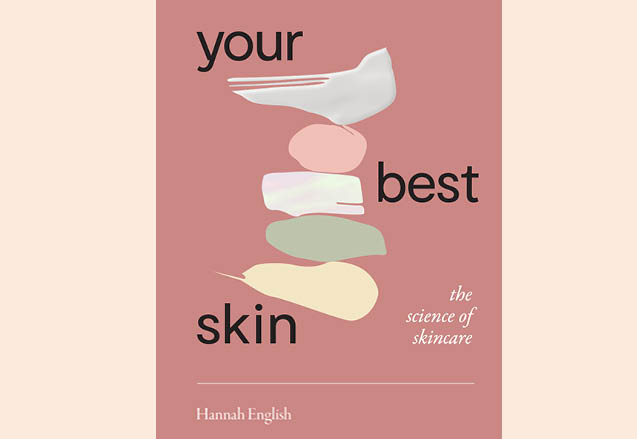
One of the key takeaways from her book is the importance of realising that your skin changes all the time, as seasons change, your lifestyle adjusts and, of course, you age.
“Skin-type categories, such as ‘oily’ or ‘sensitive’ are reductive. They were designed to categorise people and sell products and they miss a lot of important information,” she writes. “Assuming that all people with a shiny T-zone have oily skin will only get you into trouble. Maybe your skin is a little oily but also dehydrated and craving water?” Instead, we should consider how our skin feels after cleansing, for example, and whether certain parts of our face respond differently to the products we use.
When it comes to her own regimen, English is quite restrained. Obviously she tests hundreds of products, but when her skin broke out recently with the stress of writing a book, she pared back her skincare routine to include only a few gentle products including cleanser, moisturiser and, of course, sunscreen. As she writes in her book, we need to really get to know our skin, in a non-judgemental way, so we can give it what it needs.
“Let’s just keep our skin happy and functional, and enjoy ourselves and our lives,” she says.
Hannah English’s must-have skincare ingredients (yes, you should adjust your regimen to suit your skin, but some things are worth keeping):
Sunscreen, of course.
Vitamin A – retinol and retinal are my favourites for breakouts, texture, lines, and even dark spots.
Niacinamide (Vitamin B3).
Oat extract – it’s super calming for skin emergencies and sensitivity.
And her top three products:
Holifrog Tashmoo Milky Wash – the gentlest, most replenishing cleanser.
Any sunscreen, and choose one based on the feel and finish you like best.
Sachi Skin Ursolic Acid & Retinal Overnight Reform, the gentle, brightening vitamin-A product that cleared my stress acne within a couple weeks.




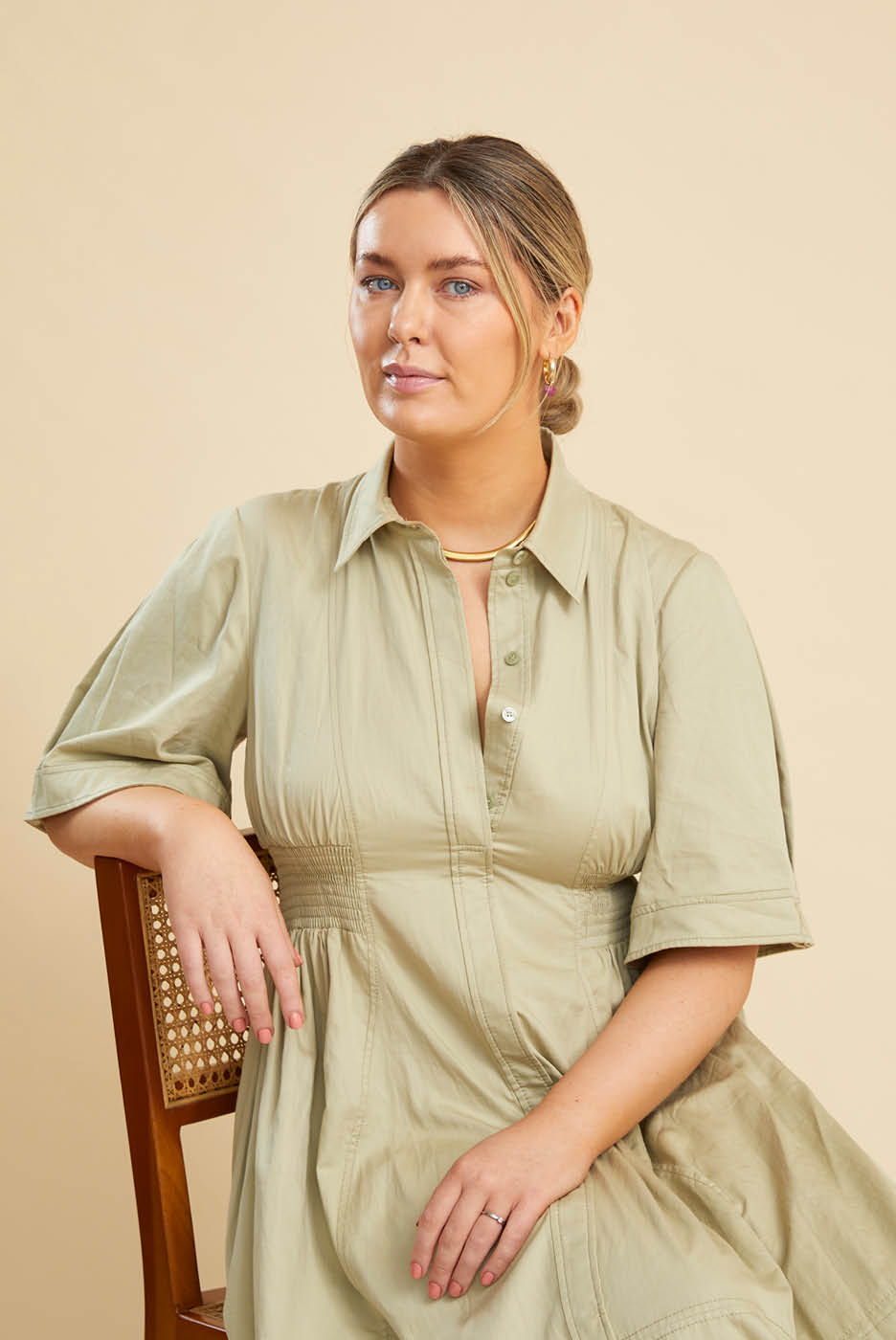
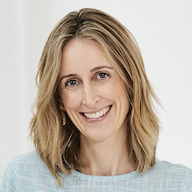

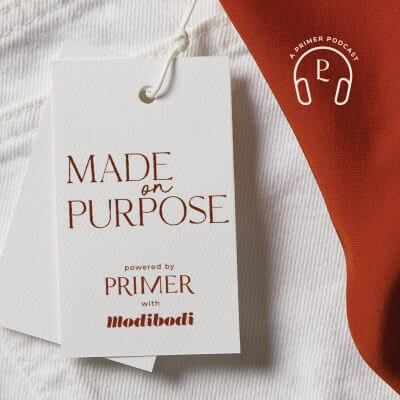
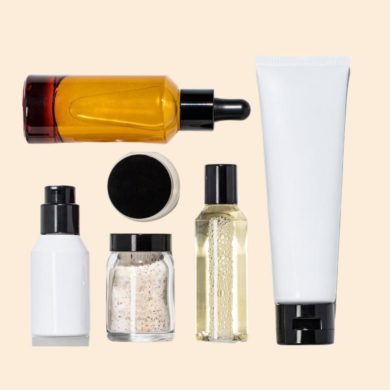
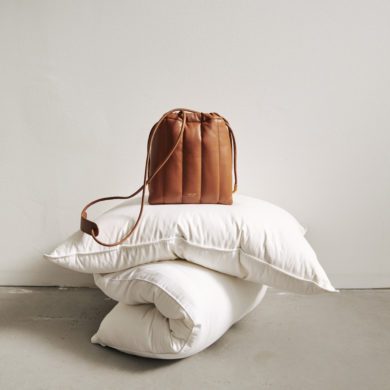
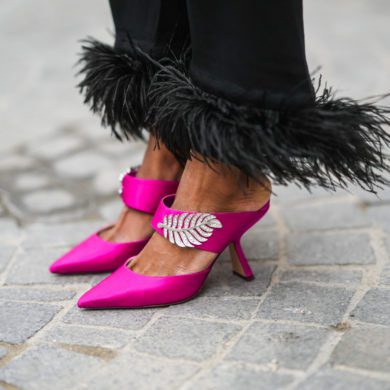
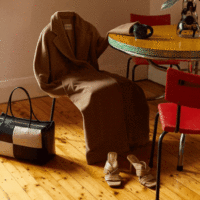
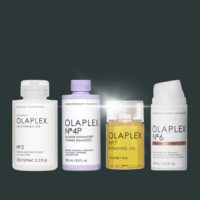
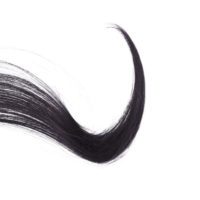
No Comments